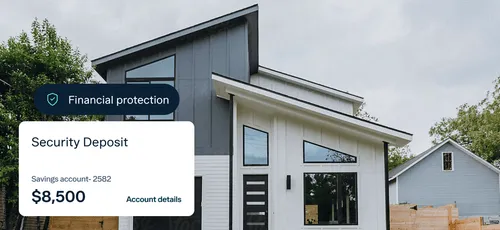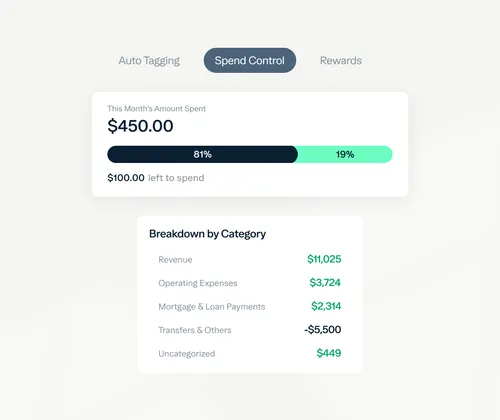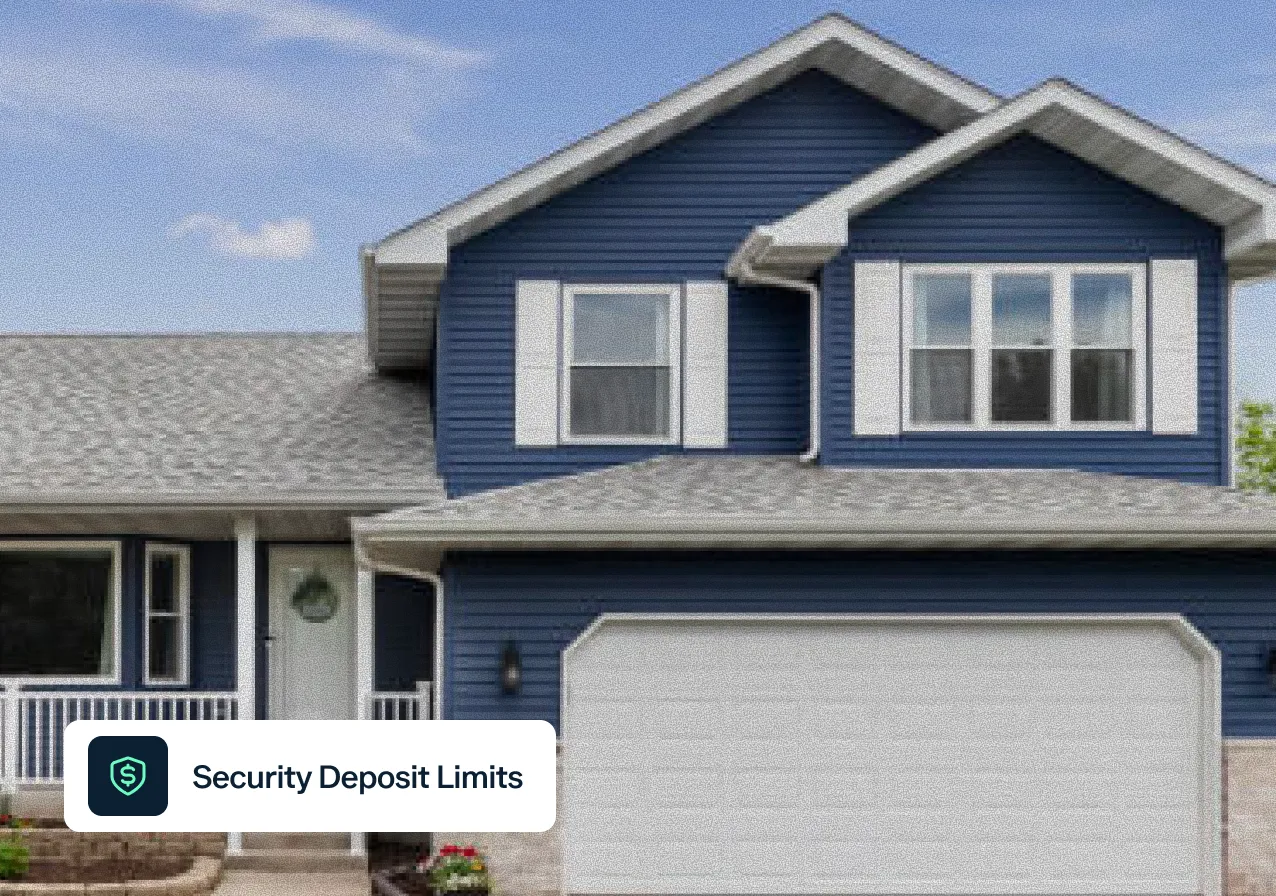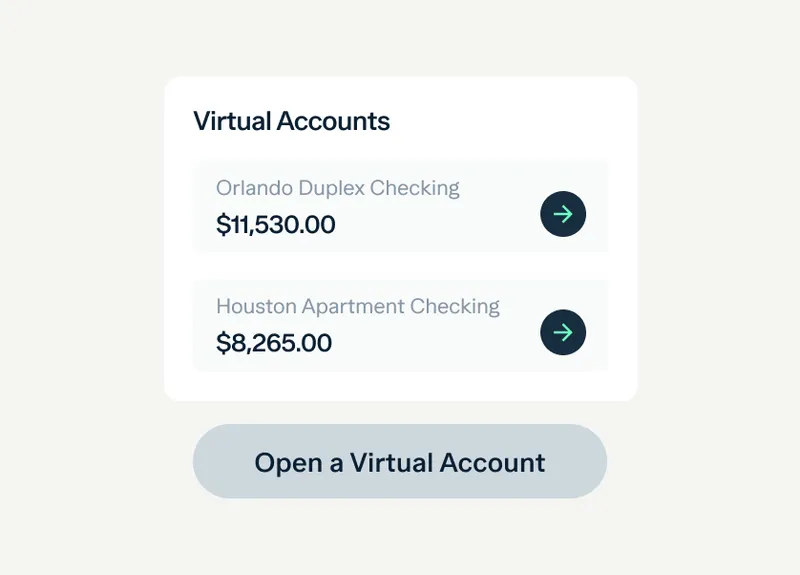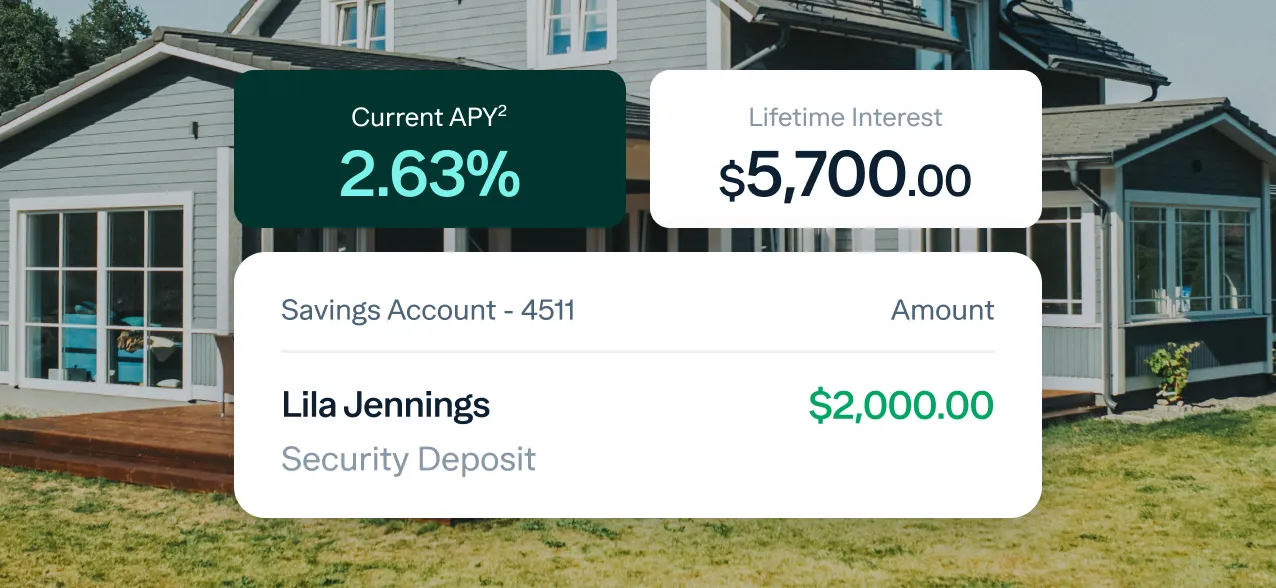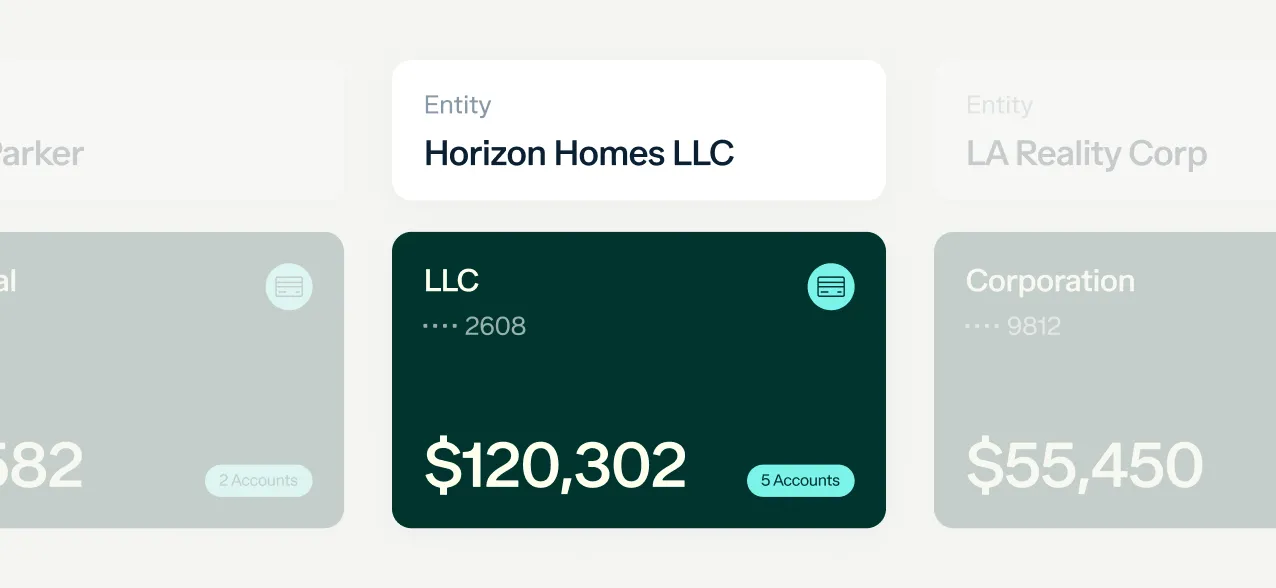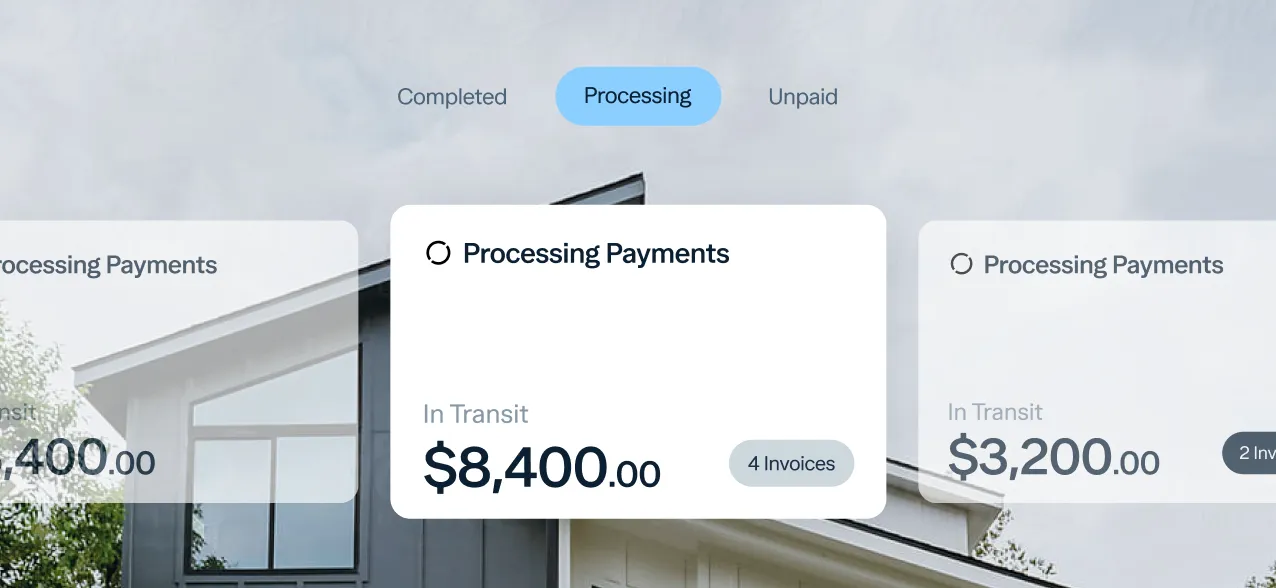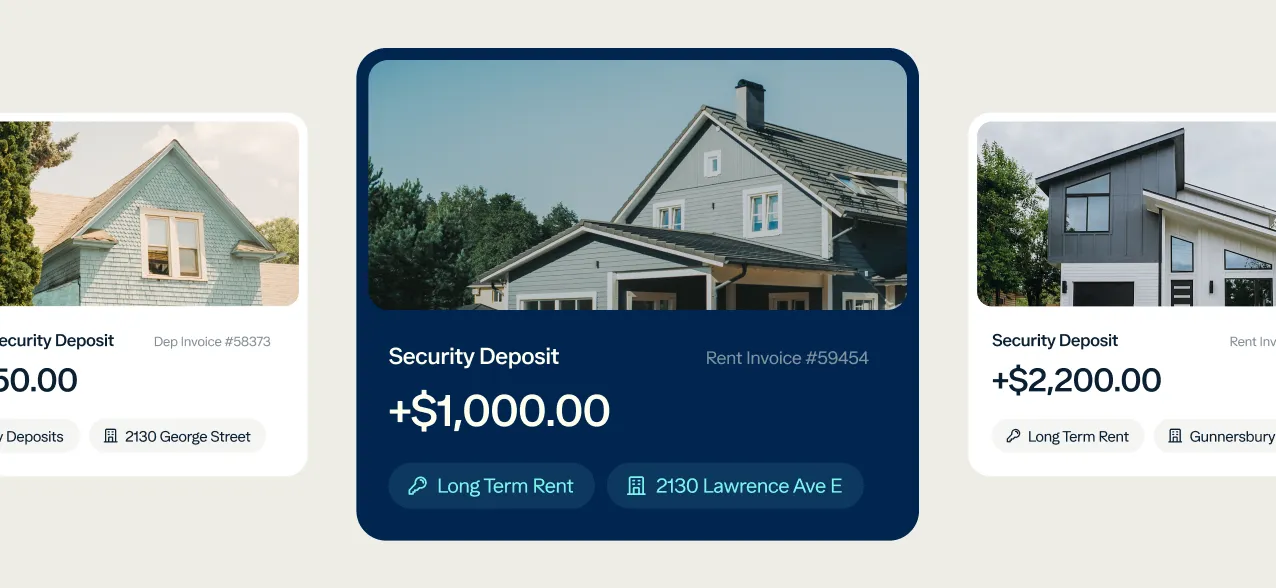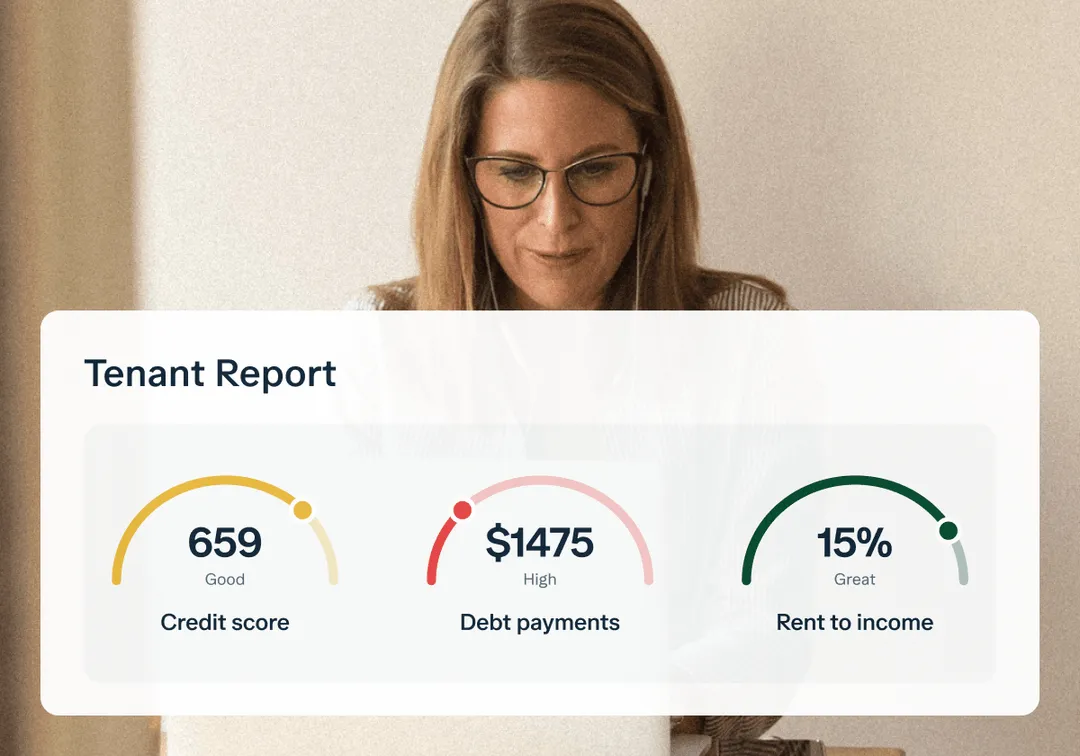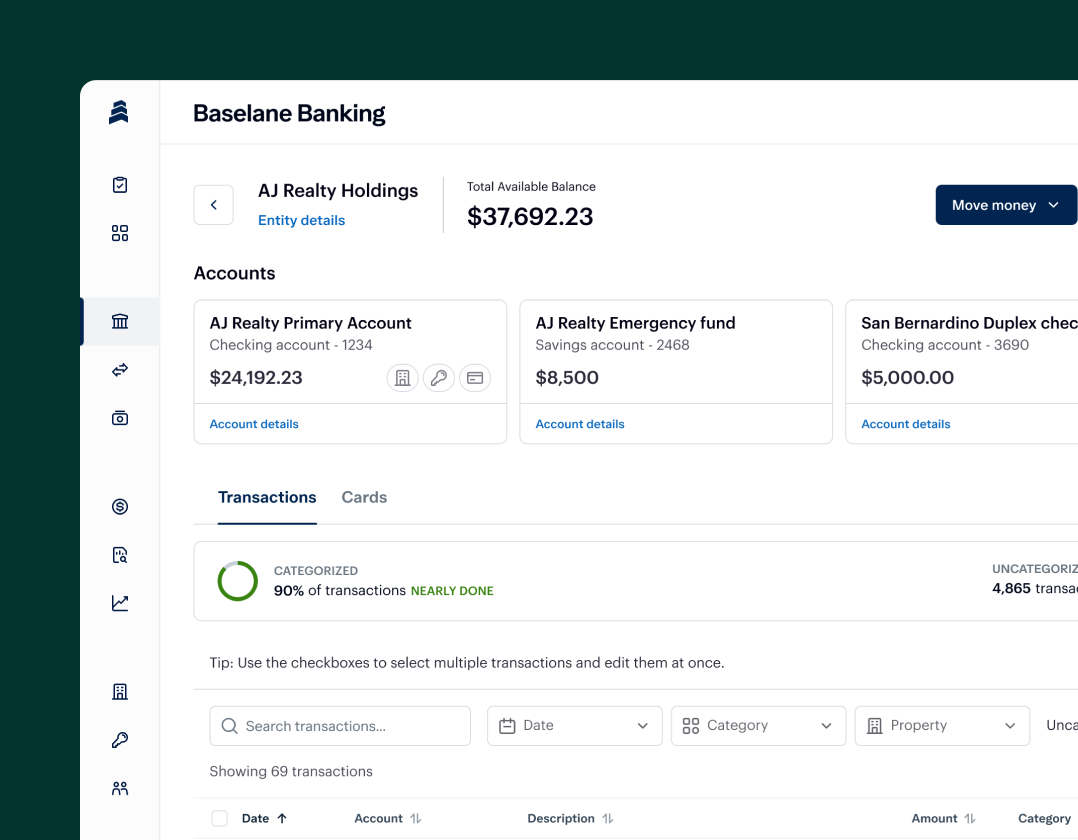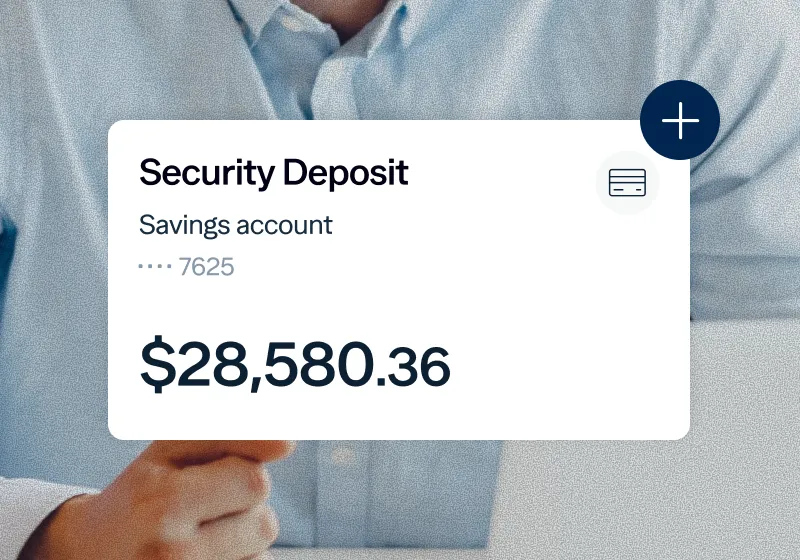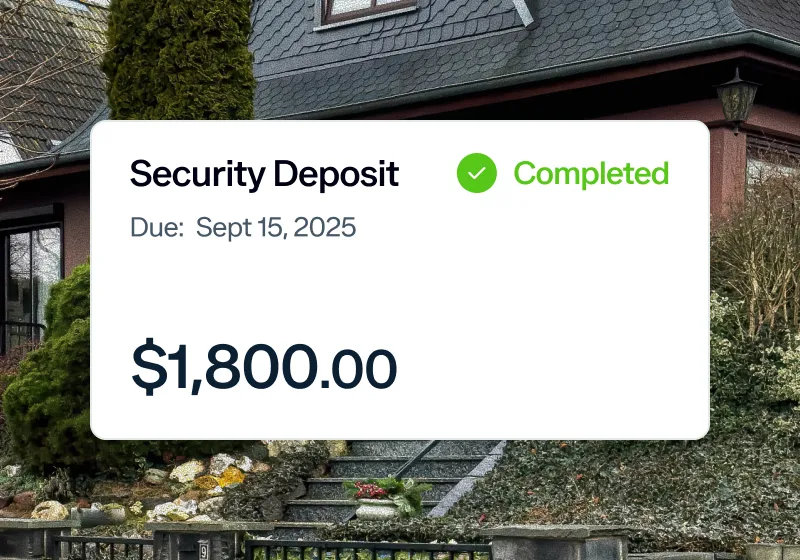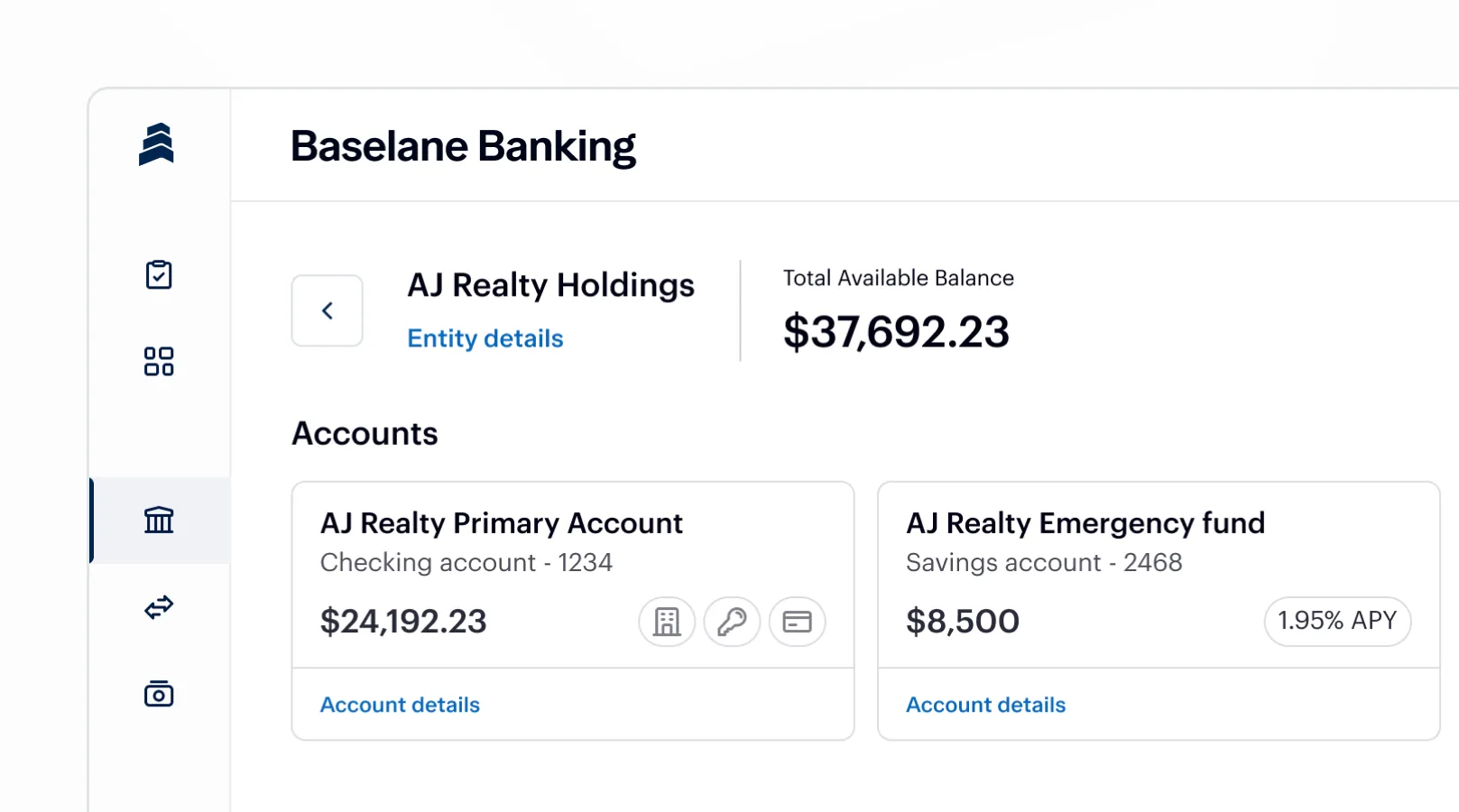Washington does not set a maximum limit on the tenant security deposit. Most landlords charge around one month’s rent, but any amount must be clearly stated in the lease agreement. The deposit must be returned within 21 days after move-out, along with an itemized list of deductions for damages or unpaid rent.
Security deposit rules in {{ state }}
Limit: In Washington, there is no statutory limit on how much a landlord can charge for a tenant security deposit. However, the amount must be clearly stated in the written lease or rental agreement before the tenant moves in. Most landlords typically charge an amount equal to one month’s rent, though higher tenant deposits are permitted if reasonable and disclosed upfront. To ensure transparency and compliance, landlords are encouraged to maintain a dedicated security deposit bank account in Washington.
Return Deadline: The landlord must return the tenant security deposit, along with an itemized written list of deductions, within 21 days after the tenant vacates the property. If the landlord fails to return the tenant deposit or provide the itemized statement within this timeframe, they forfeit any right to withhold funds and may be liable for damages equal to twice the amount wrongfully withheld.
Acceptable Deductions: The tenant security deposit may be used to cover unpaid rent, late fees, damages beyond normal wear and tear, cleaning costs needed to restore the property to its original condition, and other expenses resulting from a tenant’s lease violation. The landlord must provide written documentation, such as receipts, invoices, or repair estimates, supporting all deductions made from the tenant deposit.
Where to Deposit: Washington law requires landlords to hold all tenant security deposits in a trust account at a financial institution located within the state. The account must be separate from the landlord’s personal or business funds. Within 30 days of receiving the deposit, the landlord must provide the tenant with written notice specifying the name and address of the bank where the deposit is held. Although there is no required security deposit interest rate, maintaining a security deposit escrow account in Washington or a landlord tenant security deposit bank account in Washington ensures compliance with state law, protects tenant funds, and provides full financial transparency.

